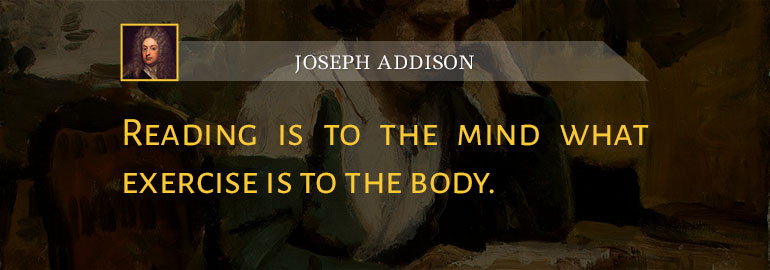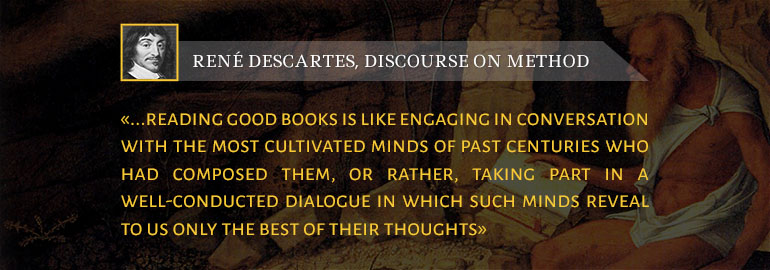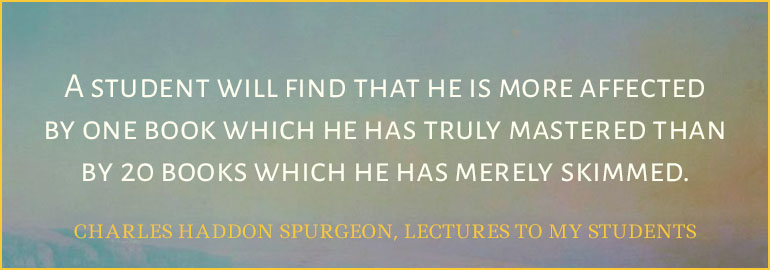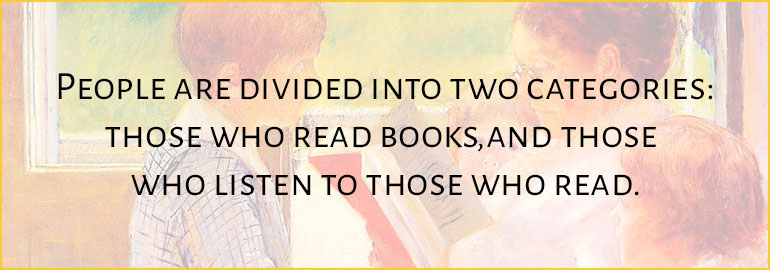How Reading Affects Your Brain

With the development of digital technologies, the percentage of people who read books has declined over the past decade. However, as neurophysiologists confirm, reading books is a necessary activity. The younger generation today is giving preference to on-line entertainment / news and listening to audiobooks. Some have forgotten what it feels like to hold a printed publication.
A recent study by US scientists has shown that book reading brings a lot of benefits to the body, since the process of reading exercises the whole brain. Standford scientists have come to this conclusion by studying the workings of the human brain in the process of reading. The idea for this research came to Assistant Professor of English, Natalie Phillips, who wanted to discover what the true value of studying literature was. Her primary interest was to investigate whether in addition to obtaining knowledge, a person gains a tangible benefit from the process of reading?

Selections from Addison and Steele: http://leopoldclassiclibrary.
The experiment involved placing participants inside a MRI machine and asking them to read excerpts from a Jane Austen novel, the text of which was projected onto a monitor inside the machine. The participants were asked to do this in two ways: as if they were reading for pleasure; and then critically analyzing the text, as before taking an exam. The MRI machine allowed scientists to observe blood circulation in the human brain during the reading process, and what they found was truly amazing.
By switching from reading for pleasure to critical perception, our brain uses different types of nervous activity - mechanisms that train our cognitive abilities. Although the types of activity are different, they both have a positive effect on the brain. While reading a book, a person must mentally imagine the event, the situation, the characters, and the details described by the author. Whilst doing so, regions of the brain that had not previously been engaged began to function. It goes without saying that this effect does not occur when a person is watching TV or playing computer games. Thus reading books is an excellent stimulation of brain activity.
In addition to stimulating brain activity, the reading process plays an important social function. It is no coincidence that people who read more are able to express their thoughts more clearly and accurately.

Discourse on the method of rightly conducting the reason, and seeking truth in the sciences: http://leopoldclassiclibrary.com/book/discourse-on-the-method-of-rightly-conducting-the-reason-and-seeking-truth-in-the-sciences
The more a person reads, the greater their individuality. The works we read form our character, personality, and our evaluation of the behavior of people around us. Whilst an individual's cultural experience does not depend on the total number of books read, it depends to a large degree on the number of books that he or she has grasped.

Lectures to My Students: A Selection from Addresses Delivered to the Students of the Pastors' College: http://leopoldclassiclibrary.
Scientists from the University of Sussex have shown that 6 minutes of reading reduce the stress levels by 68%, and is quicker at reducing stress than listening to music or walking. Psychologists believe this is because the human mind needs to focus when reading, and this distraction facilitates the relaxation of tension in the muscles and heart.
Dr. Lewis, who conducted the test, said: "Losing yourself in a book is the ultimate relaxation… This is more than merely a distraction but an active engaging of the imagination as the words on the printed page stimulate your creativity and cause you to enter what is essentially an altered state of consciousness."

These are powerful arguments for why we should read, and teach our children the reading habit. No wonder they say that people are divided into two categories: those who read books, and those who listen to those who read.
![Lessons in Language and Grammar. Book I. [1900]](http://new.leopoldclassiclibrary.com/assets/book/147952/57c688c0c5b88/book_cover_b01hitu6e0_o.jpg)